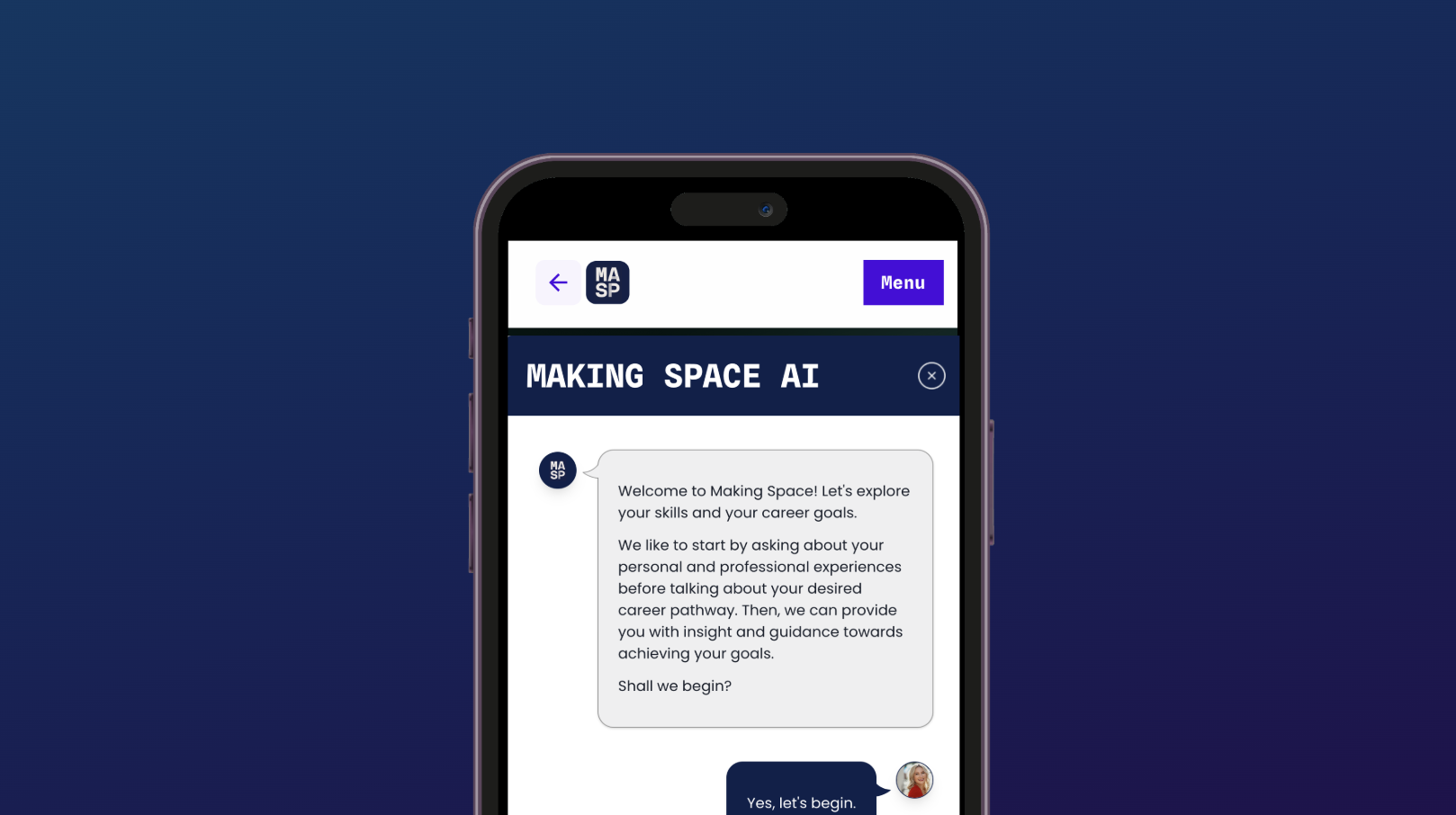Self-Advocacy at Work: Navigating Hidden Disabilities in the Workplace

Living with a hidden disability can mean constantly managing symptoms, energy levels, and access needs, often without others realizing the challenges you face. Whether it's chronic pain, neurodivergence, an autoimmune disorder, a mental health condition or anything else, hidden disabilities can impact every part of life, including work.
Yet, because these disabilities aren’t always immediately apparent, many of us deal with skepticism, misunderstandings, or discrimination. The workplace isn’t always designed for us, and advocating for access can feel like an uphill battle.
If you’ve ever struggled with whether to disclose your disability, felt like you had to “keep up” at the expense of your well-being, or worried about how requesting accommodations might affect your career, you’re not alone.
You Don’t Have to Disclose to Be Valid
One of the biggest misconceptions about hidden disabilities is that we need to disclose them to be taken seriously. But the reality is:
- You are not required to disclose your disability unless you are requesting an access requirement.
- Your privacy is protected. Employers can’t share disability-related information without your consent.
A formal diagnosis is not always necessary. Many people don’t have access to a diagnosis due to financial, systemic, or personal barriers.
How to Request Access Without Fear
Asking for an access requirement (“reasonable accommodation” under the Americans with Disabilities Act) can feel intimidating, especially when you’re worried about bias or retaliation. But you deserve the tools and support to work effectively.
Here are some ways to make the process work for you:
- At Making Space, we use the term Access Requirements instead of accommodations because access is a necessity, not a favor. You are not asking for special treatment, you are asking for equity and it's not a nice-to-have.
- Know Your Rights
- In the U.S., the Americans with Disabilities Act (ADA) requires employers to provide reasonable accommodations.
- Employers can ask for documentation if your need isn’t obvious, but they cannot demand a full medical history.
- Your employer must keep disability-related information confidential. You don’t have to disclose your full medical history to justify an access request. Instead, focus on the barriers you experience and how an adjustment would help. For example:
🚫 “I have [condition], which makes work difficult.”
✅ “I experience fatigue that impacts my ability to sustain focus for long periods. A flexible schedule would allow me to work more effectively.”
Navigating Stigma and Bias
Many of us don’t disclose our disabilities because we’ve seen how workplaces treat people differently when they do. There’s a fear of being seen as unreliable, lazy, or difficult. This stigma isn’t on you, it’s on workplaces that haven’t built a culture of trust and accessibility.
But you deserve to work in an environment where you don’t have to constantly justify your needs. If you’re experiencing pushback:
- Document everything, keep records of conversations, emails, and policies related to your access request.
- Know when to escalate, if your request is denied without valid reasoning, HR or legal protections may be your next step.
- Find allies, A supportive coworker, mentor, or employee resource group (ERG) can provide backup.
If an employer refuses to accommodate you despite legal protections, that’s a workplace problem, not a you problem.
Work Shouldn’t Cost You Your Health
There’s a difference between challenging yourself and pushing yourself to the point of burnout. Many of us have been conditioned to believe we have to work twice as hard just to be seen as capable.
If you find yourself in a workplace that refuses to meet your access needs, dismisses your disability, or forces you to mask your condition at the expense of your well-being, you have every right to reassess if that’s the right environment for you.
Your energy is valuable. Your health matters. And you deserve to thrive.
You Are Not Alone
One of the most powerful things you can do is connect with other Disabled professionals who understand what you’re going through. Find community, share experiences, and remind yourself that advocating for yourself is paving the way for the next person who comes after you.
Disclaimer: The content in this article is for informational purposes only and is not legal advice. Please seek legal counsel for any legal questions or concerns.
---
Image description: A young man wearing a navy blue t-shirt and dark khaki pants sits on a couch facing a laptop on a white coffee table. He appears to be looking at something on the laptop screen and is typing with his left hand. The angle of the photo is an above view, as if we're looking down on his from a second story. Photo by LinkedIn Sales Solutions on Unsplash.
Related Blogs

The Making Space Ascend Program is back with a new chapter: the Ascend Fellowship Program.

Have you ever been told by a recruiter that your resume is “unique”? We know your most valuable experience is from your lived experience. But how do you communicate that to recruiters?

Finding the right job should be seamless, accessible, and intuitive. That’s why we’re introducing a revamped job hub designed to help Disabled professionals find jobs faster while giving our partners better tools to manage postings.